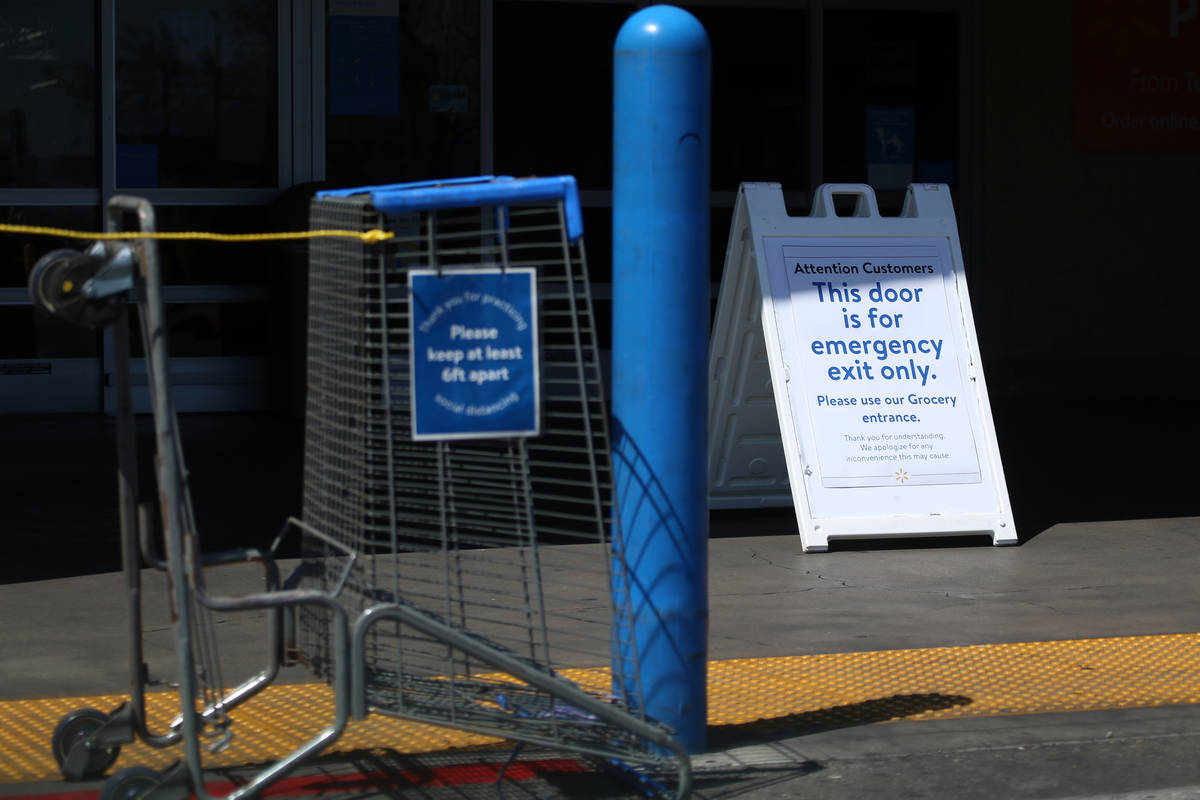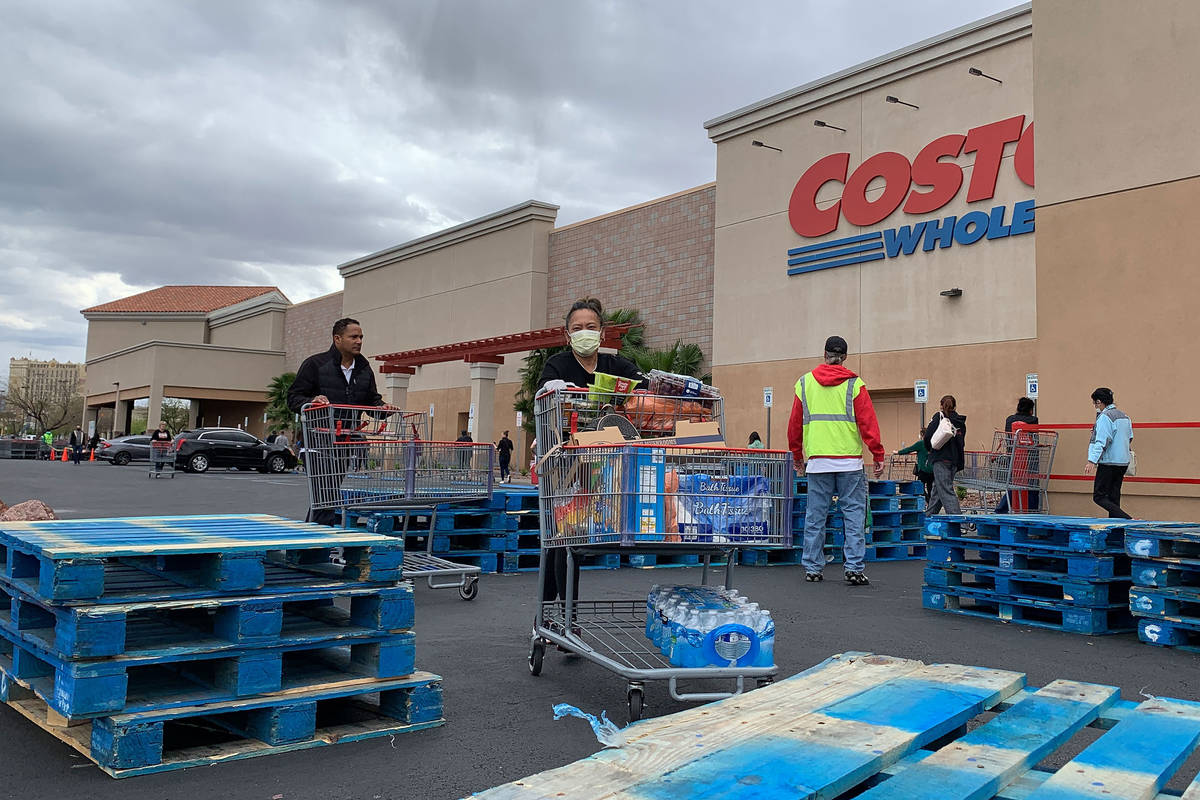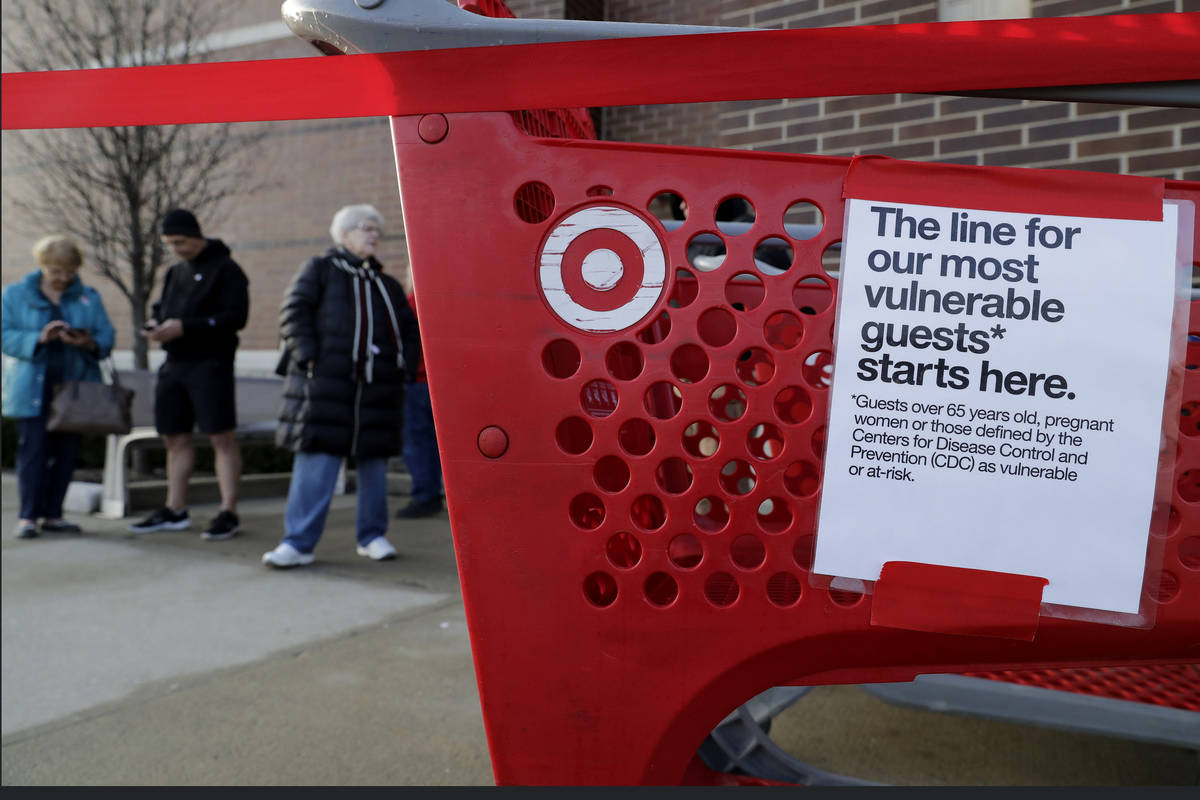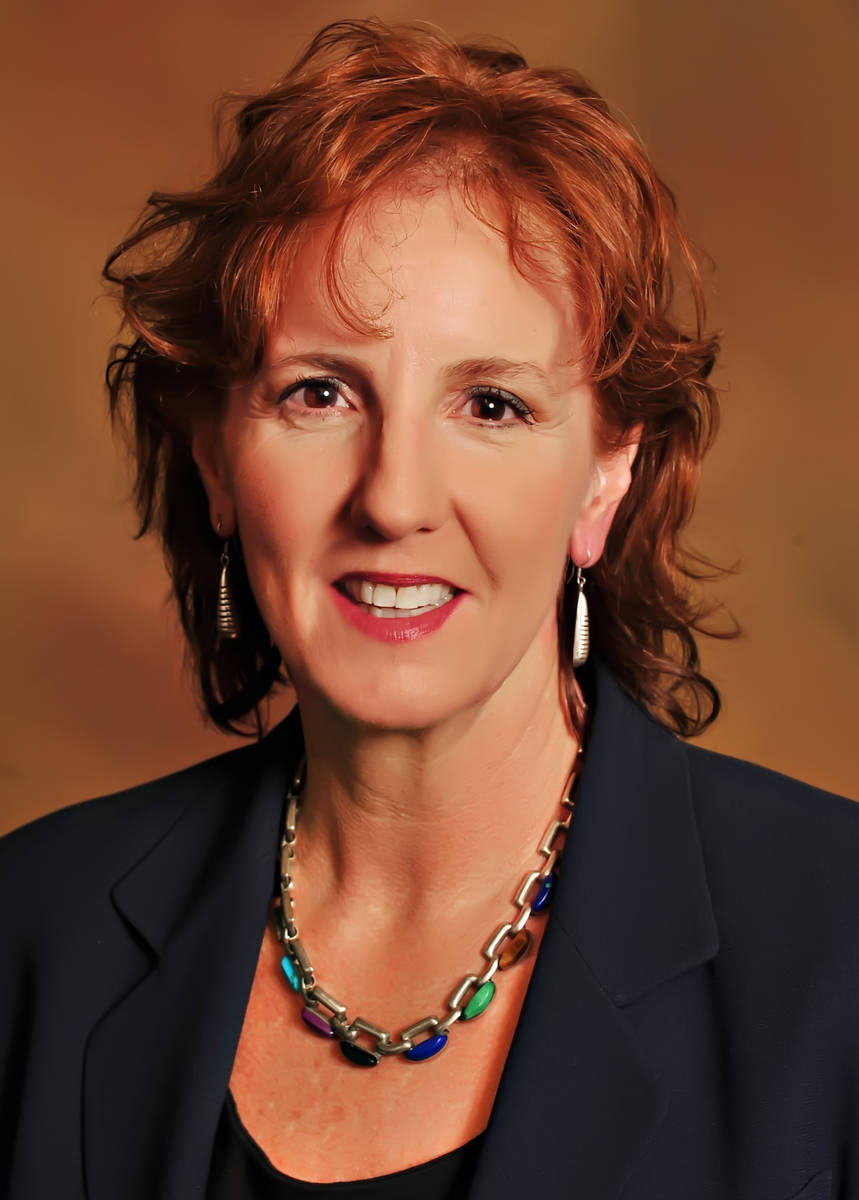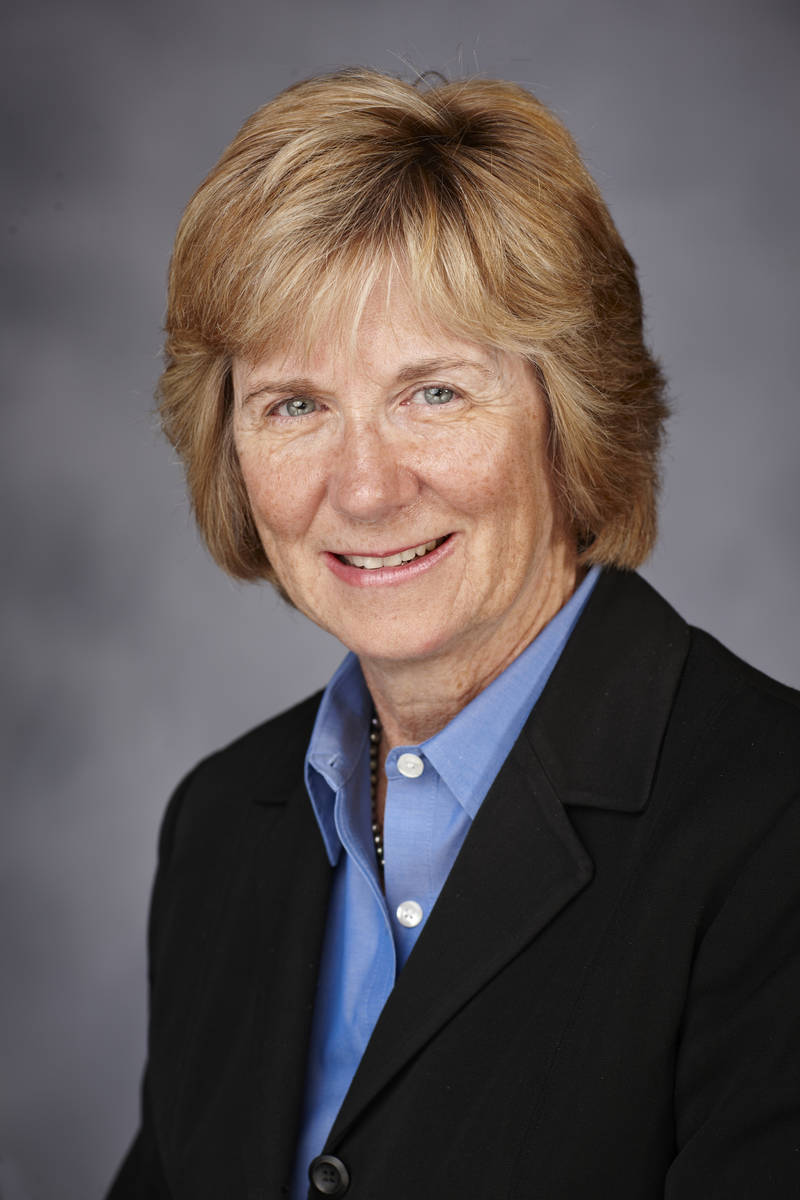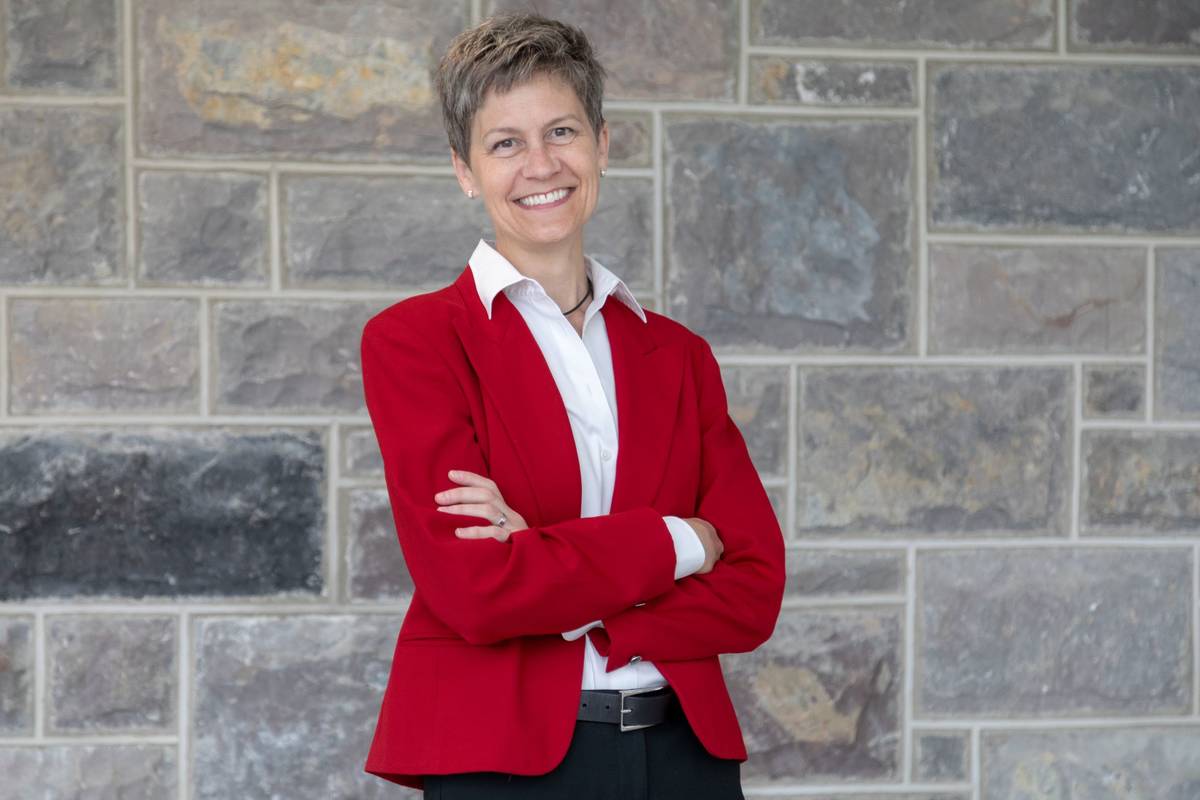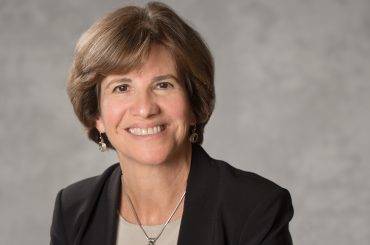Companies face tough choices when workers test positive for coronavirus
As more people test positive for the coronavirus, companies face daunting decisions about how to protect sick employees’ identities under privacy laws while revealing critical health information that could protect other workers.
Within the past month, COVID-19 cases have turned up in Las Vegas among workers at Albertsons, Vons, Costco, Target and Smith’s Food & Drug stores. At Walmart, at least four employees in one North Las Vegas store tested positive.
Some companies have been transparent about the positive cases, sharing details and dates when the employee last worked. Other retailers choose not to disclose details to workers, and some won’t confirm the cases to the media.
Finding the right balance has not been easy during a pandemic that has disrupted every aspect of the workplace. Under some circumstances, employers must be careful about when and what information they disclose, if it can lead to the identification of an infected worker.
“This a brave new world,” said UNLV law professor Ann McGinley, co-director of the school’s workplace law program. “My sense is that these are two equal moral responsibilities.”
The conflict between maintaining a sick employee’s confidentiality and disclosing the infection to other employees is likely to continue, as leaders consider opening nonessential businesses to bring back the area’s economy.
So is the anxiety among some workers who see what they believe is a lack of transparency in dealing with positive testing. When companies provide little information about a sick worker, other employees resort to speculating about the worker’s identity and it becomes more difficult for employers to guarantee anonymity.
“With each case of COVID comes 10-plus employees who opt to take a leave of absence,” said a North Las Vegas Walmart employee who asked to remain confidential. “So now, we probably have 50 people out, leaving us short-handed with stressed-out, tenured employees and overwhelmed new hires.”
Beth De Lima, who runs Leave Management Solutions, a medical compliance consulting firm that advises human resource departments, said the Americans with Disabilities Act of 1990 prohibits companies from disclosing medical information about employees, including COVID-19 test results. The act is an anti-discrimination law for the workplace.
“It’s difficult because you’re balancing the employees’ end of being scared with the employer’s needs to run a business,” De Lima said. “The employers care about their employees, and they’re trying to do their best to manage the situation. Everybody needs to be working together.”
Though the ADA provides the primary guidance for maintaining employee confidentiality, another well-known federal law also can come into play.
The Health Insurance Portability and Accountability Act of 1996 bars health care providers and public health agencies from disclosing a person’s identifiable information without permission. The Southern Nevada Health District does not disclose the occupations of the people who test positive in its database. HIPAA generally does not apply to retailers.
Agencies criticized
Amid the uncertainty, the agencies that are supposed to oversee workplace safety — the U.S. Occupational Safety and Health Administration and its Nevada OSHA counterpart — have no regulations related to the virus in place to hold non-health care businesses accountable. The state agency operates with federal approval and has jurisdiction over private businesses and state and local government offices.
“They have decided to set no mandated protections for workers in all essential workplaces, and in all non-health care workplaces, they are doing no enforcement or inspections,” said former federal OSHA official Deborah Berkowitz, of the nonprofit National Employment Law Project. “Workers are terrified, and the federal government has told them you are on your own.”
OSHA relies in part on Centers for Disease Control and Prevention guidelines for business and government offices dealing with COVID-19. Those guidelines, which are not enforceable, also encourage businesses to keep secret the names of those who test positive for the coronavirus.
A spokeswoman for the U.S. Labor Department said OSHA, which so far has received 2,342 coronavirus-related complaints, is determined to use its authority to “provide protections for America’s workers” and “assistance to employers on steps to protect workplaces from the virus.”
Walmart spokesman Charles Crowson said the health of employees is always on the minds of corporate executives.
“This is a conversation in the company daily,” Crowson said. “We are always considering new facts that may come to us. This is a dynamic situation.”
Nancy Keane, a spokeswoman for Albertsons, said it has put together a “Crisis Response Team” to deal with coronavirus issues.
“The health and safety of everyone who walks through our doors is a top priority,” Keane said. “When we learn that an associate has tested positive for COVID-19, we immediately work to ensure that associate receives proper medical care.
“At all times we adhere to keeping associates’ personal medical information confidential. Each morning stores hold huddles to let associates know after a positive case, and we provide stores with information to answer questions from both associates and customers.”
Albertsons, Vons, Smith’s and Target have publicly confirmed reports of positive cases at valley stores without identifying the employees. But Walmart and Costco have refused to publicly confirm cases. To inform employees, Costco distributed memos with details of dates and locations where ill employees worked. Walmart revealed the cases in small group meetings.
Crowson insisted that his company has been straightforward throughout the pandemic and made clear, to both employees and customers, the host of safety measures it has taken.
Lisa Lee, a bioethics expert and associate vice president for research and innovation at Virginia Tech, said the disclosure scale should be tipped in favor of a company’s entire workforce.
“I think that in the situation we’re in right now, things are out of balance,” Lee said. “As we weigh this highly contagious deadly virus, privacy has a lighter weight when it is pushing up against health and life.
“Essential workers are at a very high risk, and we owe them everything we can do because they’re putting themselves at risk every day.
In the past several weeks, non-union Walmart and other union retailers, under CDC and local health guidance, have taken significant measures to improve safety at their stores for both employees and the public.
Still, labor leaders with Culinary Local 226 and the Service Employees International Union joined Gittings in calling for more protections for workers throughout the local business community.
McGinley said companies are also obligated under “common law” to warn employees about any dangers in the workplace. They could have some liability if they don’t inform employees about a positive test and take protective measures.
“You have to tell them something,” she said. “There’s definitely some duty there.”
Contact Jeff German at jgerman@reviewjournal.com or 702-380-4564. Follow @JGermanRJ on Twitter. German is a member of the Review-Journal’s investigative team, focusing on reporting that holds leaders and agencies accountable and exposes wrongdoing.



